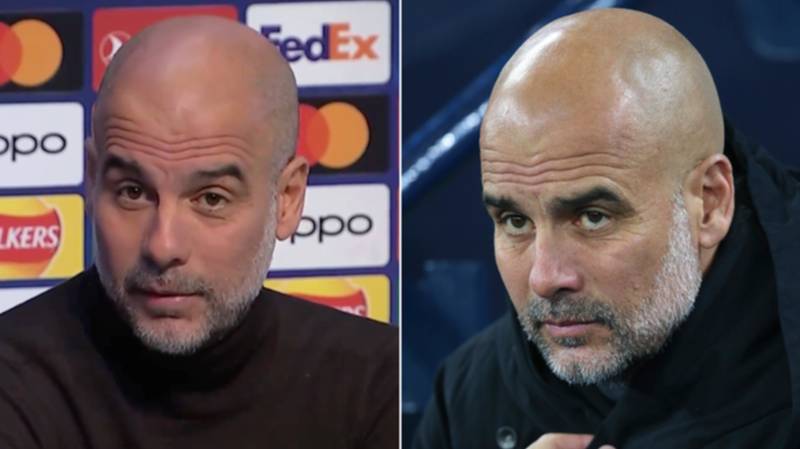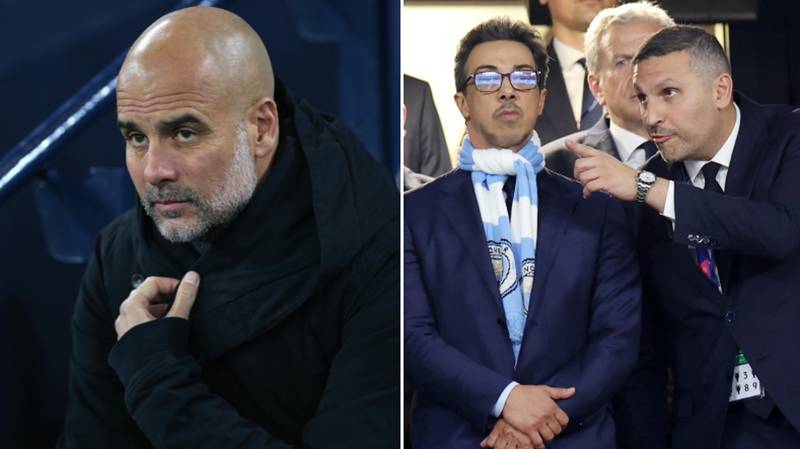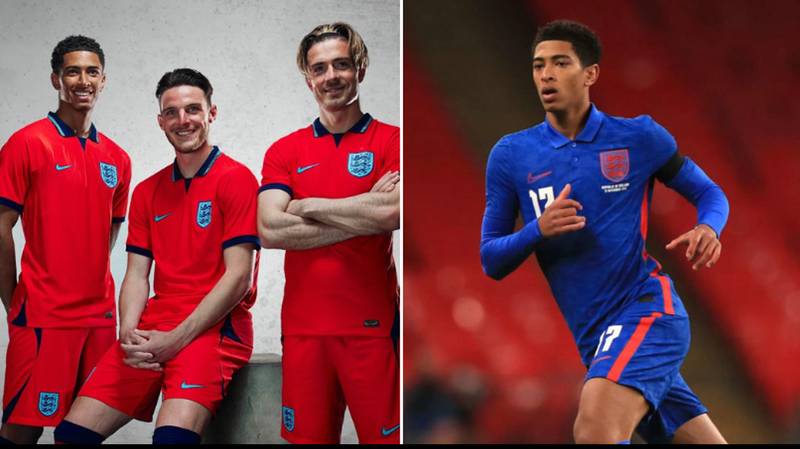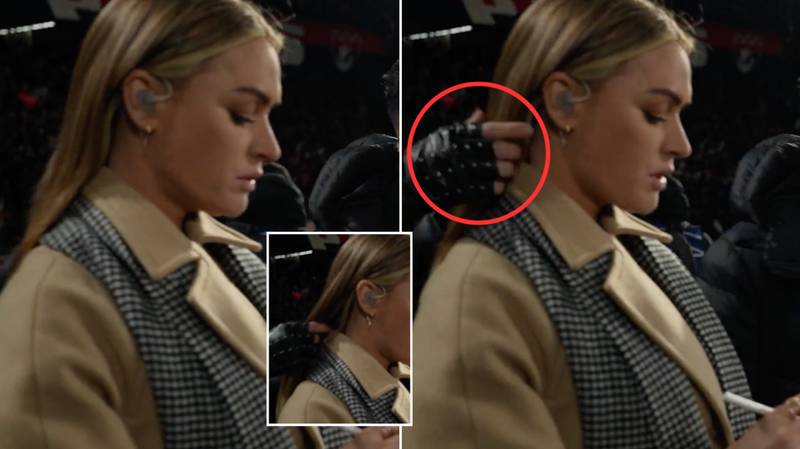FIFA ban OneLove captaincy armband from Women's World Cup
Published
| Last updated
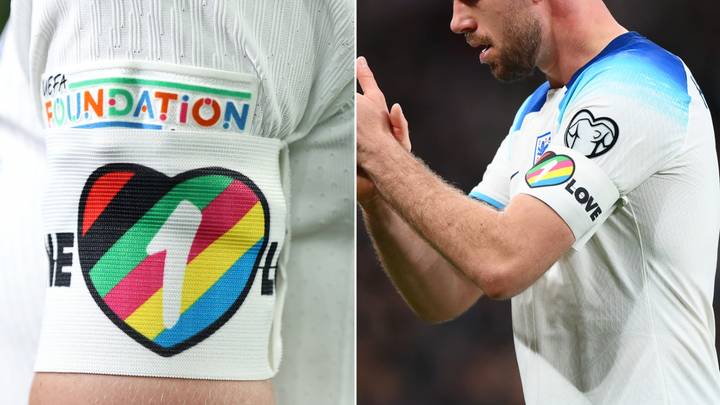
FIFA have banned the use of the OneLove captaincy armband for the upcoming Women's World Cup, with several alternatives suggested.
The event marks the ninth Women's World Cup and will be hosted in Australia and New Zealand. The first fixture commences between New Zealand and Norway in Auckland on August 20, with a local kick-off time of 5:30pm.
It is a tournament that arrives just six months after the men's version was held in Qatar, which saw a large amount of controversy emerge regarding the OneLove armband, due to the attitudes towards the LGBTQ+ community in the country, which the armband aims to support.
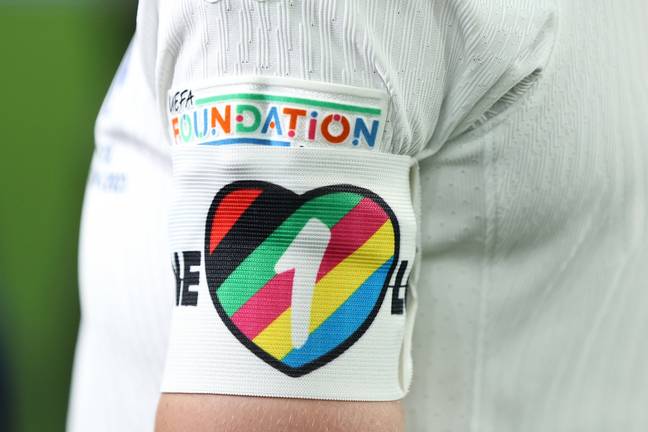
Ahead of the women's tournament beginning in just over a month, FIFA have now banned the use of the armband with teams possibly facing sanctions if they fail to comply with the rules throughout their fixtures.
FIFA ban OneLove armband
Eight alternative armbands have since been proposed, with each individual design highlighting and supporting a different social cause, as per The Guardian.
The designs were selected after consultation with the 32 participating teams, players and United Nations agencies.
The alternative armband messages teams can select from are as follows: Unite for Inclusion, Unite for Indigenous Peoples, Unite for Gender Equality, Unite for Peace, Unite for Zero, Unite for Education for All, Unite for Ending Violence against Women and Football is Joy, Peace, Love, Hope and Passion.
Loading…
In a statement regarding the announcement, FIFA president Gianni Infantino said: “Football unites the world and our global events, such as the FIFA Women’s World Cup, have a unique power to bring people together and provide joy, excitement and passion.
“But football does even more than that – it can shine the spotlight on very important causes in our society.
"After some very open talks with stakeholders, including member associations and players, we have decided to highlight a series of social causes – from inclusion to gender equality, from peace to ending hunger, from education to tackling domestic violence – during all 64 matches at the FIFA Women’s World Cup.”
Featured Image Credit: Getty
Topics: Womens Football, Football World Cup, Womens World Cup, England


